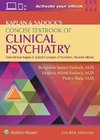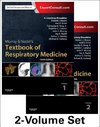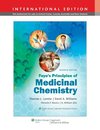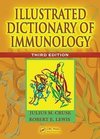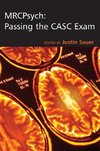
-
 Anglický jazyk
Anglický jazyk
Role of host haem biosynthetic enzymes in malaria
Autor: Hao Yang
The aim of my project was to discover proteins and genes that protect people from malaria, and use this knowledge develop new medications that may potentially avoid the problem of drug-resistance. We know that during the co-evolution of humans and the malarial... Viac o knihe
Na objednávku
73.98 €
bežná cena: 82.20 €
O knihe
The aim of my project was to discover proteins and genes that protect people from malaria, and use this knowledge develop new medications that may potentially avoid the problem of drug-resistance. We know that during the co-evolution of humans and the malarial parasite, called Plasmodium, the human genome has undergone specific changes that enable survival to the infection, which are visible today as mutations in particular genes. My project investigated a set of such genes that encode enzymes used to synthesise haem. Haem is important for red blood cells to transport oxygen. It is produced as the cells develop, but not when the cells are mature. I found that Plasmodium imports and utilises these enzymes when it infects red blood cells to fulfil its own growth requirements. From this I developed a hypothesis whereby inhibitors of the enzymes, which are important for the parasite but not the mature red cell, would be a potentially useful malaria treatment strategy. All current malaria drugs work by targeting parasite-encoded molecules, and the parasite can change these molecules to become resistant - this is not possible if the drug target is produced by the host cell.
- Vydavateľstvo: Scholars' Press
- Rok vydania: 2021
- Formát: Paperback
- Rozmer: 220 x 150 mm
- Jazyk: Anglický jazyk
- ISBN: 9786138953968



